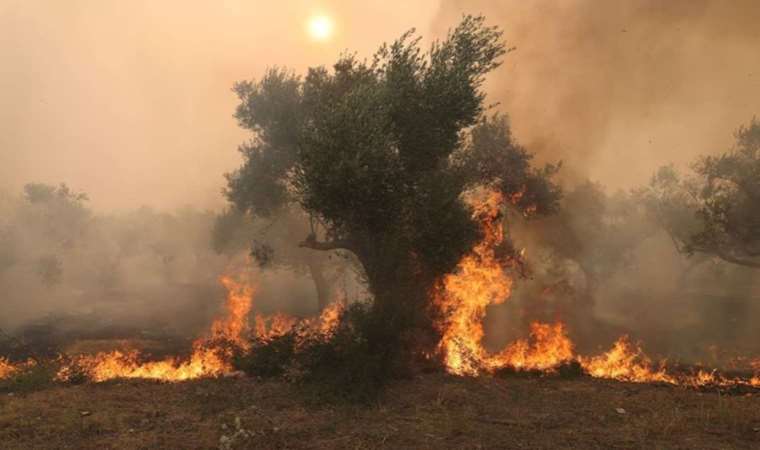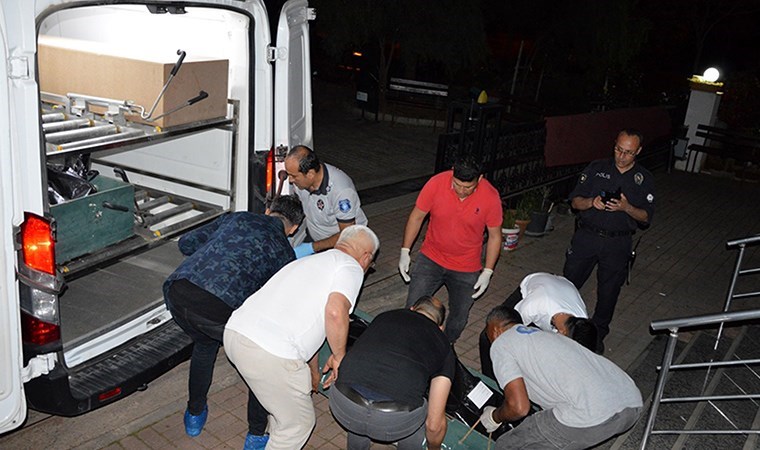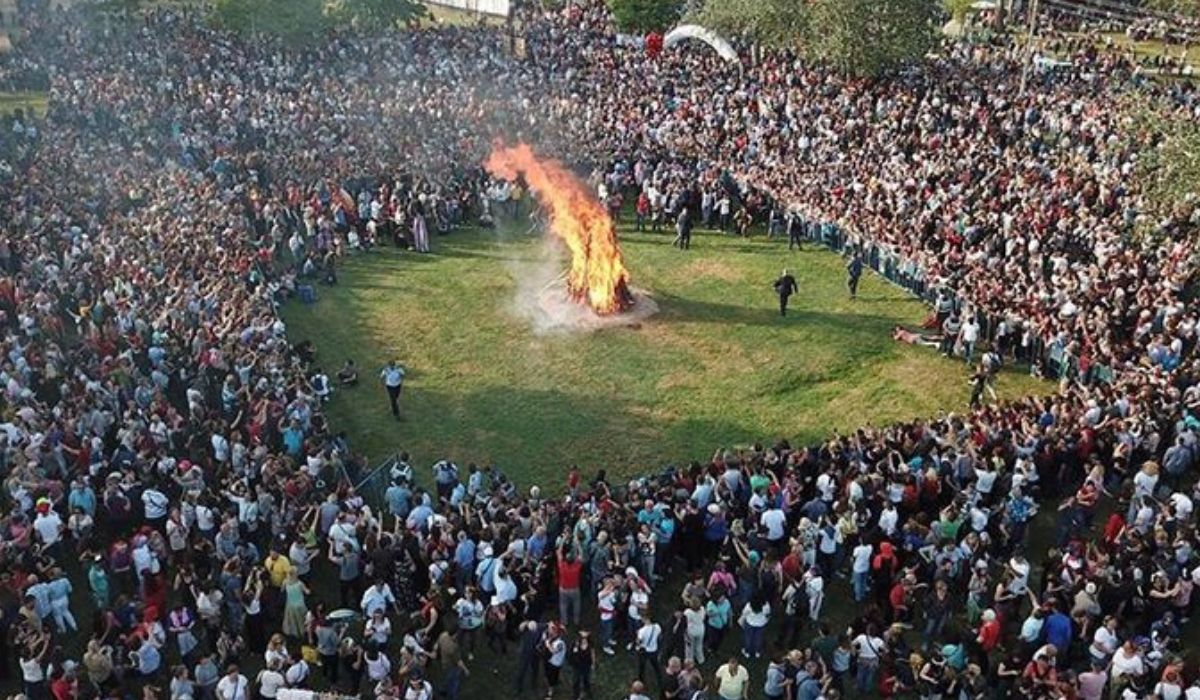Wildfire near Athens rages, Greece sees risk of more blazes
For the second consecutive day, Greek firefighters, aided by aircraft, valiantly battled a relentless wildfire near Athens on Wednesday. As officials expressed concerns that the combination of intense heat and strong winds could instigate additional fires, the nation grappled with the grim reality of already having lost 20 lives to this year's blaze outbreaks.

In the wake of fires erupting in northern Greece last Saturday, hundreds of individuals have been compelled to evacuate their residences across the country. The infernos, fueled by high summer winds, marked the second major outbreak this season. The fire brigade indicated that mainland Greece is currently grappling with multiple fire fronts.
"Challenging and, in many instances, extreme conditions persist," remarked Ioanis Artopios, a spokesperson for the Fire Brigade. "All Civil Protection units remain on high alert, actively combating the blazes."
He detailed that a formidable force of 202 firefighters, assisted by volunteers, together with 65 vehicles and 15 aircraft—some dispatched from Sweden and Germany—have engaged the conflagration situated approximately 20 km (15 miles) north of Athens, near the village of Fyli on the slopes of Mount Parnitha.
Since the fire's ignition on Tuesday, Athens has been enveloped in a haze of smoke and ash.
By Wednesday, the flames had encroached upon the town of Menidi, necessitating the evacuation of about 150 individuals from three nursing homes to hotels and care facilities, facilitated by bus transport.
"We successfully kept the fire at bay, preventing damage to homes," informed Stathis Topalidis, Deputy Mayor of Menidi, in an interview with state broadcaster ERT, recounting the evacuation process. "Regrettably, the persistent wind is not providing any relief."
The wildfire's wake has left a path of devastation, scorching homes and vehicles in Fyli, compelling residents to flee on foot—some shielding their faces with clothing to combat the pervasive smoke.
Amid the chaos, volunteers ingeniously loaded sheep into car trunks to rescue them from harm's way.
Tuesday brought the grim discovery of 18 charred bodies, believed to be migrants, in an area near Dadia forest, situated in Greece's northern Evros region that borders Turkey. This region serves as a common passage for individuals from the Middle East and Asia attempting to enter the European Union.
In the nearby Greek port city of Alexandroupolis, dozens of hospital patients—some on stretchers, others with intravenous drips affixed to their hands—were hastily evacuated onto a ferry.
A satellite image broadcast on state television showcased smoke from the Evros fires drifting across the country, eventually reaching the Ionian islands in the northwest, not far from Italy.
While summer wildfires are a recurrent occurrence in Greece, this year's infernos have been exacerbated by uncharacteristically scorching, parched, and gusty conditions—factors that scientists attribute to climate change.
In July, tens of thousands of foreign tourists were evacuated from the island of Rhodes, where a relentless fire blazed for a week, engulfing hotels, resorts, and vast expanses of land in its path.

En Çok Okunan Haberler
-
 Özel'den Kılıçdaroğlu hamlesi
Özel'den Kılıçdaroğlu hamlesi
-
 Memur ve memur emeklileri ne kadar zam alacak?
Memur ve memur emeklileri ne kadar zam alacak?
-
 Erdoğan, eski ABD Senatörü adayı Dr. Öz ile görüştü
Erdoğan, eski ABD Senatörü adayı Dr. Öz ile görüştü
-
 Kılıçdaroğlu'ndan Erdoğan'a sert tepki
Kılıçdaroğlu'ndan Erdoğan'a sert tepki
-
 Boş koltuk mesaj içermiyor
Boş koltuk mesaj içermiyor
-
 'Tek sorumlu benmişim gibi...'
'Tek sorumlu benmişim gibi...'
-
 Erdoğan'dan 'Özgür Özel' açıklaması
Erdoğan'dan 'Özgür Özel' açıklaması
-
 Huzurevinde bıçaklı saldırı!
Huzurevinde bıçaklı saldırı!
-
 Özel tarihi görüşme sonrası ilk kez konuştu
Özel tarihi görüşme sonrası ilk kez konuştu
-
 'Beklenen olmadı, AK Parti geç kalıyor'
'Beklenen olmadı, AK Parti geç kalıyor'

















